Patient
Importance of Complete DNA Analysis in the Care of Cancer Patients
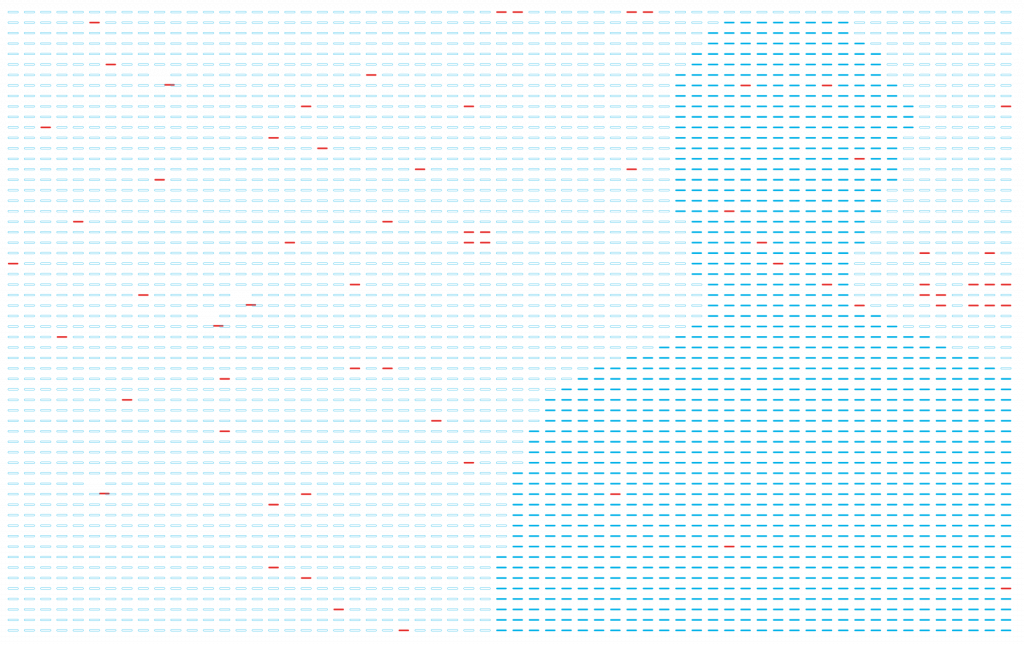
Importance of Complete DNA Analysis in the Care of Cancer Patients
Cancer is a disease that is largely caused by changes in the DNA. These changes can have several causes. Each tumor is unique and has specific characteristics that are different for each patient and each tumor type. At the moment, many patients are given medication that focuses on the tumor type (colon cancer, lung cancer, etc.). In an increasing number of cases, the choice of medication is also determined by the individual characteristics of the tumor. In a number of cases this involves genetic characteristics.
More and more personalised treatments that examine the unique DNA profile of the tumor are possible.
Molecular Diagnostics
In order to “read” the unique profile of the tumor, high-quality molecular diagnostics are required. These diagnostics are currently performed in different ways and with different techniques. OncoAct consists of:
- a molecular diagnostic DNA test;
- a report containing the tumor’s characteristics;
- a recommendation for possible treatments.
This creates a more comprehensive overview of the treatment options for the patient.
By using this DNA test, options for participation in clinical studies or experimental treatments can also be identified.
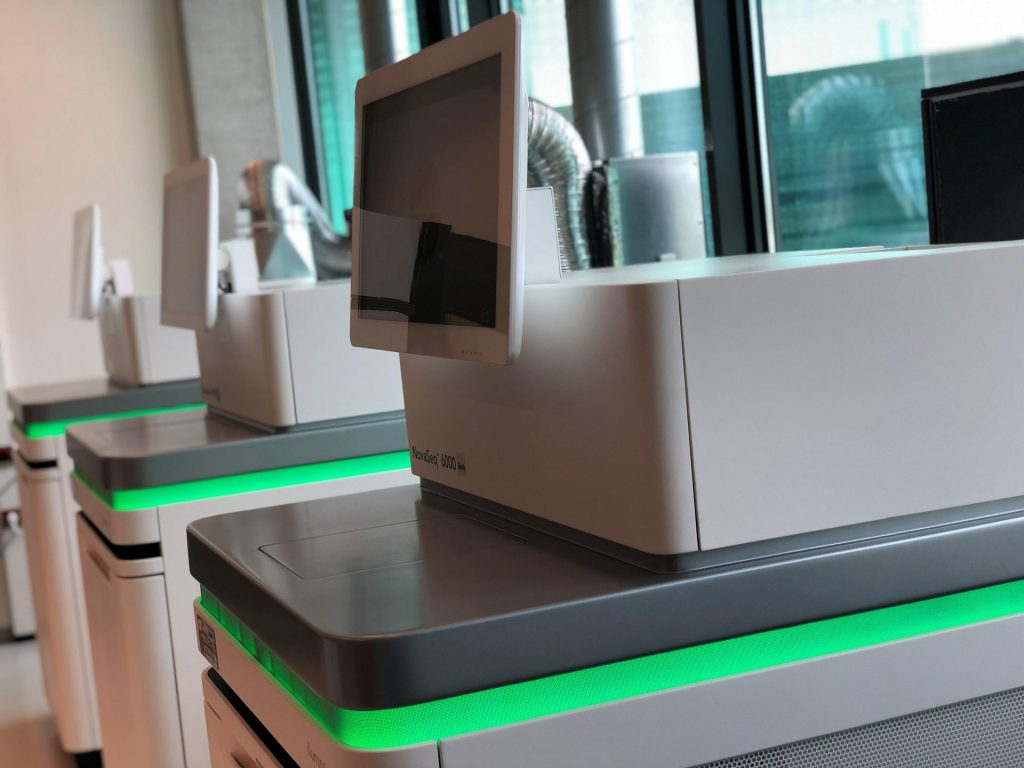
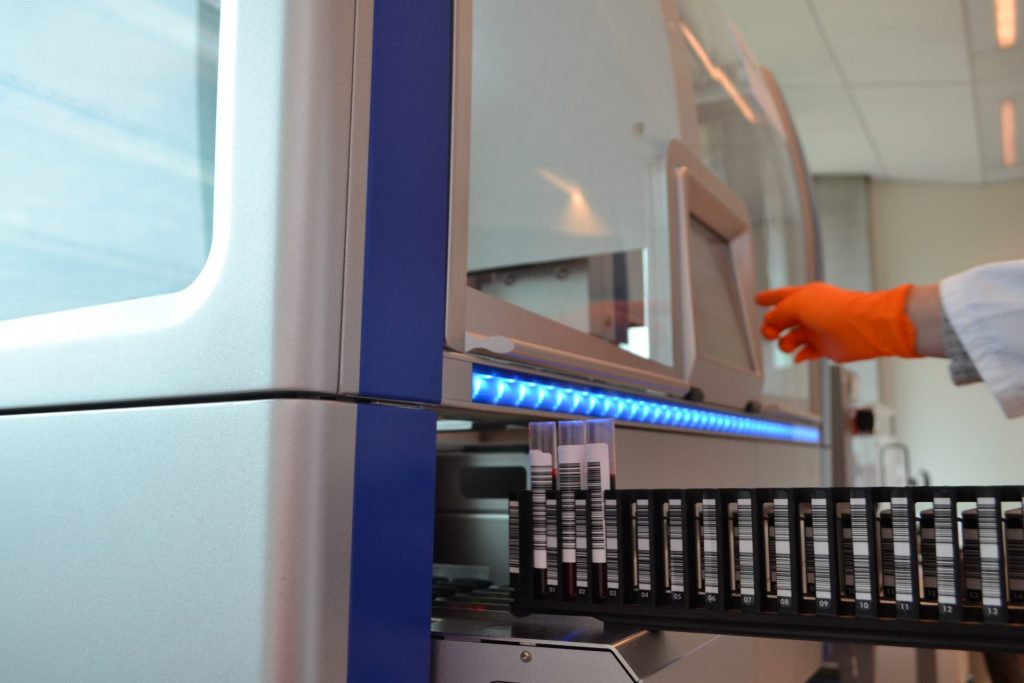
Complete DNA-test: OncoAct
OncoAct is the most extensive molecular diagnostic DNA test. It allows us to read the entire DNA using a technique called whole genome sequencing. The DNA test provides insight into the complete genetic profile of the cancer.
The personalized OncoAct WGS report that is provided with the DNA test helps answer an important question: are there any medication or treatment options for me based on the specific characteristics of my tumor?
The OncoAct WGS report gives an overview of possible treatments. Any clinical studies (scientific studies) in the Netherlands in which the patient can participate will also be mentioned.
More Information about DNA Research in Cancer
Information about DNA testing for cancer can also be found on the website of kanker.nl:
How is the Decision About the Treatment Made?
In addition to the results of the complete DNA analysis, the results of other tests are also important when making a decision about the treatment. These are tests carried out in the hospital by the pathology, clinical chemistry, and radiology departments. In the consultation with your treating physician about your treatment, your personal characteristics and wishes are important.
Is OncoAct the Best DNA Test for Me?
Treating Physician
Why apply whole genome sequencing to DNA testing in the care of cancer patients?
Whether OncoAct is useful and suitable and whether tumour tissue can be safely removed will be determined in consultation with the treating physician. They know you and your background best. In order to perform the DNA test, tumor tissue and blood will have to be collected in the hospital.
Solid tumour
In principle, OncoAct is suitable for all patients with cancer, with the exception of patients with leukemia. The complete DNA test requires a tumor sample to be taken from a patient. This is frozen instantly in a special way and can then be analysed.
The following patients can benefit most from the complete DNA test:
- patients who no longer have any treatment options available based on regular diagnostics
- patients with a rare tumour (approximately 23,000 in the Netherlands) for whom no standard treatment is available
Molecular Diagnostic DNA Tests
Various molecular diagnostic DNA tests are already being performed in the current care of patients with cancer. These DNA tests vary depending on the hospital and usually focus on a limited number of tumor characteristics. For a significant number of patients with tumors, molecular diagnostic DNA tests are not yet being conducted according to current guidelines because no registered targeted drugs exist for these tumor types.
OncoAct is not yet part of the basic package and is generally not reimbursed by the health insurer. Hartwig Medical Foundation is one of several organisations working hard to make that happen

OncoAct WGS report
With OncoAct, the treating physician receives an OncoAct WGS report containing all treatments that may be suitable for the patient, including both registered and non-registered medications, and clinical studies.
How does OncoAct Work for You?
OncoAct can only be requested by your treating physician at a hospital. How do you proceed?
01
Discuss it with your physician

Discuss your treatment options with your treating physician. If OncoAct is an option for you, your physician will request it from Hartwig Medical Foundation. It is important to know if your doctor can request the extensive DNA test from Hartwig Medical Foundation.
02
At the hospital

Tumor tissue and blood is taken at the hospital. Your treating physician will send them to Hartwig Medical Foundation.
03
DNA analysis
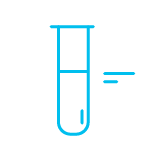
Hartwig Medical Foundation conducts the extensive DNA test on tumor tissue and blood. This is followed by a bioinformatic data analysis. The results are included in a patient report with a summary and explanation by a clinical molecular biologist of the pathology department.
04
OncoAct WGS report

Your treating physician will usually receive your OncoAct WGS report within two to three weeks of the tumor tissue and blood arriving at Hartwig Medical Foundation.
05
Discussing the report
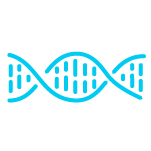
You discuss the results of the OncoAct WGS report with your treating physician and discuss the next step in your treatment.

The comprehensive DNA test provides a complete overview of all potential targeted cancer treatments. This means the patient and the treating physician have all available information at their fingertips to make a treatment decision together.

From my own experience, I know how important knowledge of hereditary predisposition to cancer can be. This is why I think it is so important that comprehensive patient reports include precisely that carrier information (if the patient wishes to be informed).